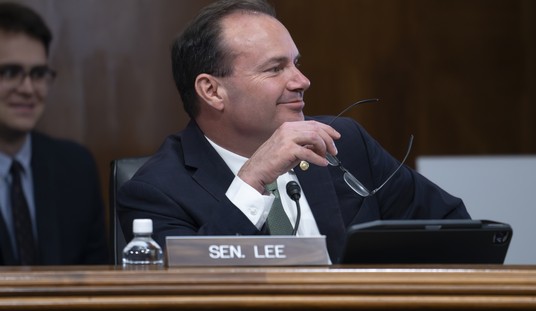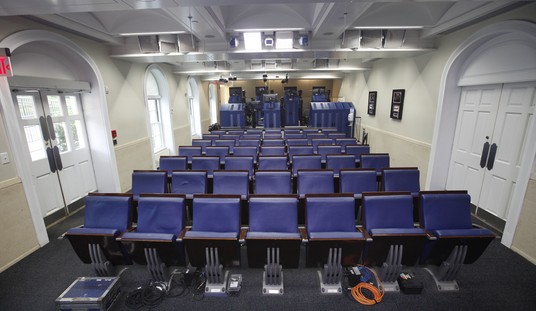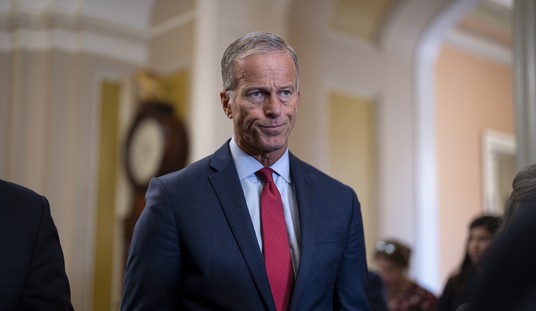The problem with the modern media getting heavy into crafting the narrative — reporting what the public should believe about current events rather than objectively relaying the news as it occurs — is that when the narrative fails to go the way they think it should (because maybe what they think should have happened simply isn’t what actually happened), they’re forced to lie to protect the narrative they’ve created or look like fools.
Case in point: a recent White House background briefing was the subject of much debate when the New York Times reported that President Trump was at odds with is own advisors on the subject of whether or not the recently-canceled North Korea summit might take place in the future (specifically on June 12th).
The background is this: the media had been beating the drum for weeks that said Trump WOULD NEVER walk away from that summit, no matter what North Korean leader Kim Jong Un said or did because Trump is such a megalomaniac that he NEEDED the win. And that’s reckless, America. You put a reckless person in office, the New York Times et al said, shaming us all and calling Trump a dangerous narcissist.
But uh-oh…Trump, in fact, did walk away. He canceled the summit because Kim was being really mouth and dismissive and grating in his public statements. So Trump said thanks, but no thanks.
And the New York Times and all the other outlets, as Mollie Hemingway at The Federalist reports, had to scramble and double-d0wn and — I’ll say it — concoct a new negative spin to the story because Trump, as it turns out, proved them wrong.
The Washington Post’s David Nakamura wrote that “critics fear that a president determined to declare victory where his predecessors failed will allow his desire for a legacy-making deal to override the substance of the negotiations.” On the same day, the Washington Post’s Paul Waldman mocked Trump’s desire for a win, which he said was turning Trump into a fool who was getting played.
Then President Trump did what media outlets said he’d never do. He walked away from the negotiating table due to North Korea’s behavior. The media outlets didn’t acknowledge their previous analytical missteps so much as come up with new lines of attack on Trump.
Mark Landler and David Sanger of The New York Timeswrote an article arguing there were deep divisions between Trump and his advisors. To support the claim, the Times argued that Trump said a June 12 summit was still possible, while his top aides said it was “impossible”.
Except it never happened. The media claimed that a background briefing with reporters had a Trump adviser saying that the June 12th date was impossible, and even produced a recording of said briefing to prove it.
The problem? The aide never said it. Never even really got close to saying it. What it did say is that it would be a difficulty, and his overall point was that the ball was in North Korea’s court as to what happens next with a possible rescheduled summit. His exact quote was, in fact: “I think that the main point, I suppose, is that the ball is in North Korea’s court right now.”
And yet the New York Times somehow missed that this was the main point the adviser was trying to make, and reported that Trump had lost control of his staff.
It’s an egregious mischaracterization, but that didn’t stop media outlets from taking the ball and running with it:
The modern media is a thing to behold — bullying, better-than, defensive, and increasingly incompetent. Perhaps their most galling behavior is the tendency to circle the wagons and collectively point outward while smugly insisting that those who figure out their flaws aren’t smart enough to be able to do that.
But they have, big media. And it’s in your best interest to realize that and start reevaluating how you see yourselves. Or slowly, by degrees, you’ll become the joke despite your attempts to convince everyone that title belongs to the Trump administration.














Join the conversation as a VIP Member